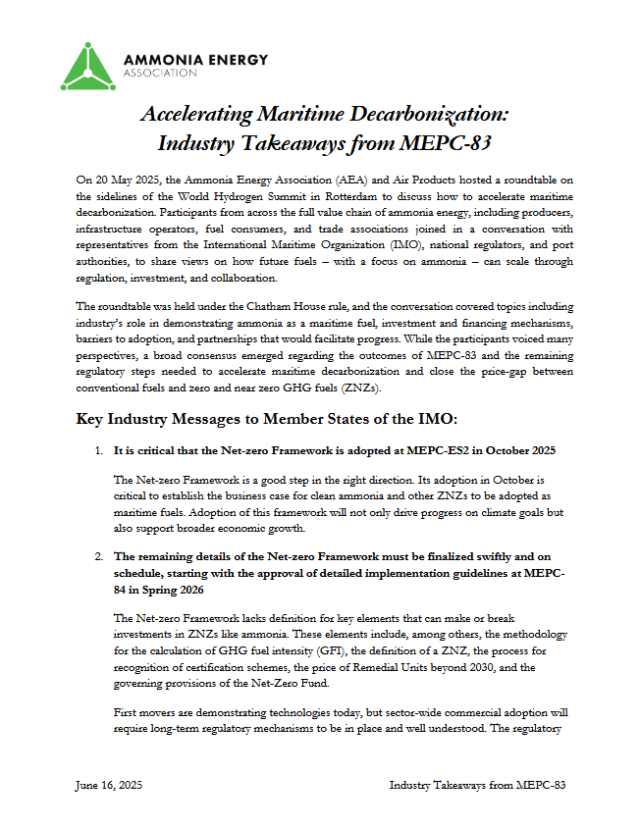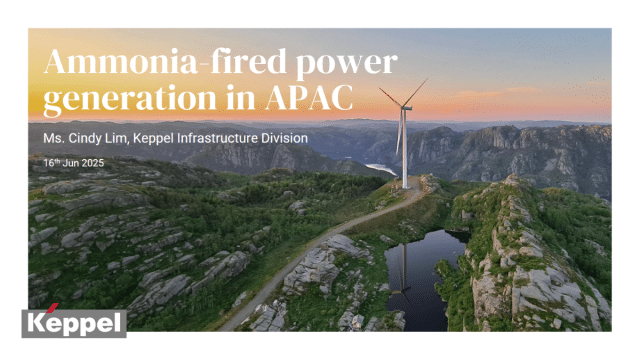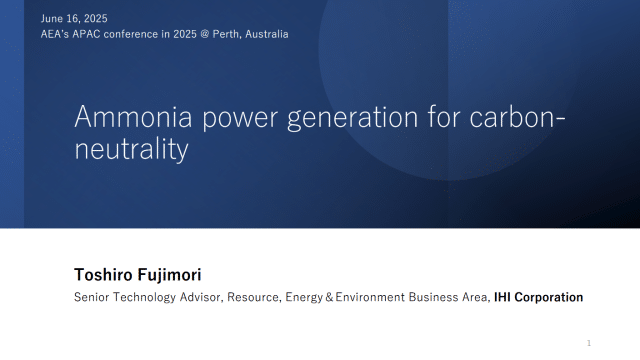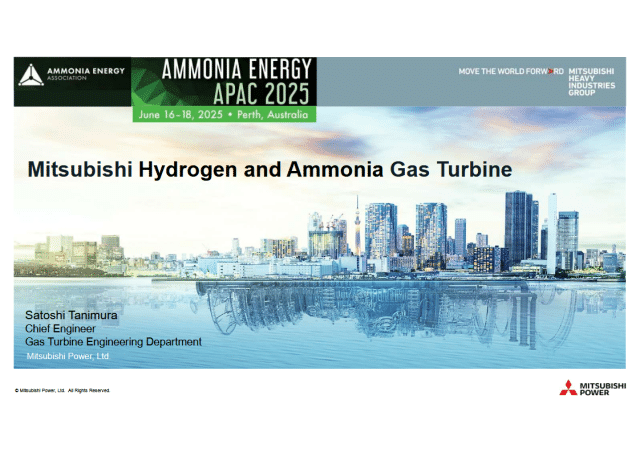New emissions evaluation directive clears the playing field for the low carbon hydrogen industry in Europe
The European Commission has unveiled the Hydrogen and Gas Market Directive which in addition to existing regulations on renewable fuels of non-biological origin (RFNBO) set out in the Renewable Energy Directive, completes the policy framework for the sector on the European continent.









